Determination and self-confidence
KAROLINA ŁUKASIK – Senior Consultant R&D Tax Relief – Ayming Poland
If someone can count, they should count on themselves.”
Karolina Łukasik qualified as a production engineer and also has a master’s in mechanical engineering, focussed on metals and plastics. As a technologist, she worked for a manufacturer of thin-walled tubes and wires for medical applications. Further research followed on projects funded by Poland’s National Centre for Research and Development. Then in 2017, Karolina swopped pure research for helping companies claim tax credits for their R&D. Ayming’s Senior Consultant is still testing her mettle, as she completes a PhD on distortion of cast iron.
What made you choose engineering?
I became interested in science and technology in the last year of high school. My inspiration was my family because my Dad, brother and cousin graduated in technical studies and became engineers. This was my big inspiration.
And why production engineering?
Maybe because of the fact I could learn, as well as this technical subject, also a financial point of view. This was a very useful combination – science and some financial and management background too.
Was it more challenging in a male-dominated field?
For female students maybe there weren’t that many obstacles, but some professors obviously did think that the females couldn’t be good scientists, they wouldn’t know the maths, and those lecturers didn’t ask the women in their classes questions. It was a shame.
What qualities helped you succeed?
It was my determination. Don’t give up! I didn’t allow the situation to influence my thinking or my life. I learned to focus on my core aims and what I wanted to achieve.
Was there any role model or mentor who helped you?
Yes, my Dad. Not only because he was also an engineer. I also admired his achievements, because he has developed some patents in medicine – this has been a very big inspiration in my career and also in my personal life.
Do women still face obstacles in fields like engineering?
Women are still fighting for their rights, but they have succeeded and achieved much, not just in STEM fields but also in business. But it’s an ongoing process.
Should employers promote equal opportunities and diversity?
I think Ayming does this. There is diversity and equality. But I think more generally it’s not always true. We need to create a culture that values individual differences and variety, and to ensure open access to opportunities and progression in more organisations.
Why should women consider engineering?
It was quite easy for me to find a job after my education in engineering. Analytical thinking and intellectual skills and also creativity are very important, not only for your working life, but also in everyday life outside of work, being able to fix things and understand how they work.
What qualities do they need to be successful?
It’s determination, being well organised, but also analytical skills, and kindness. To be effective when working with other people, you need kindness, thinking about others and listening skills. It’s emotional intelligence.
Are there misconceptions about STEM careers?
Yes. Female students may think they won’t be as good as men in maths or some science subjects. But we can look at, for example, Marie Curie the famous Polish researcher in radioactivity [born Maria Salomea Sklodowska, and the only person to win the Nobel Prize in two different scientific fields]. Such examples can change those misconceptions about women in STEM. But it’s not just for women to change this. Everyone needs to think about it and help in this process.
What attracted you to Ayming?
I wanted to try something new and to develop my skills. And I think I was a little tired of working in pure research. Also my technical background is very useful for my current role at Ayming. It’s very helpful because when I have a client meeting or I’m working on a project, I understand the research and development our clients are doing, and this builds trust and confidence.
What is the Ayming culture like?
I think this is a good environment to develop your skills, and working closely with people improves your human understanding. Everyone is very helpful and kind towards each other. We are not a big department here in Poland so we all know each other very well and we can talk about any issues we are facing.
Balancing work and life can be hard, and more so for women?
I’m not married with children but the big challenge now for me is studying for my PhD. I try to spend time each week on my PhD research after my day’s work and at weekends. Ayming supports me and also other people who are studying. This is very important so we can have some study leave or be able to work from home when necessary. Ayming values our studies and our efforts to achieve high standards.
Are there benefits to business from diversity and equality?
I believe that diversity and equality are important in driving innovation, because we are not the same. When we have different perspectives in a team we can create new ideas, new solutions to a problem. I see Ayming like a creator of opportunities. The atmosphere is like a family and I’ve seen a big development in my skills.
What’s the most satisfying aspect of your job?
When I advise on projects and as a result the client ends up paying lower taxes, I’m very happy that I can help them with that. This is one of the most satisfying things about my work.
Are there any lessons you’d share with young women planning their careers?
First of all, if someone can count, they should count on themselves. It’s very important. Don’t give up. Think and stay positive, pursue your dreams and use the opportunities that are there.
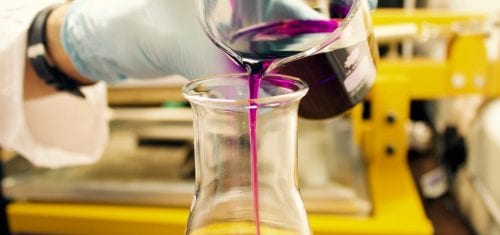
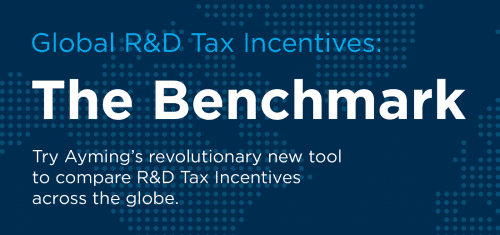
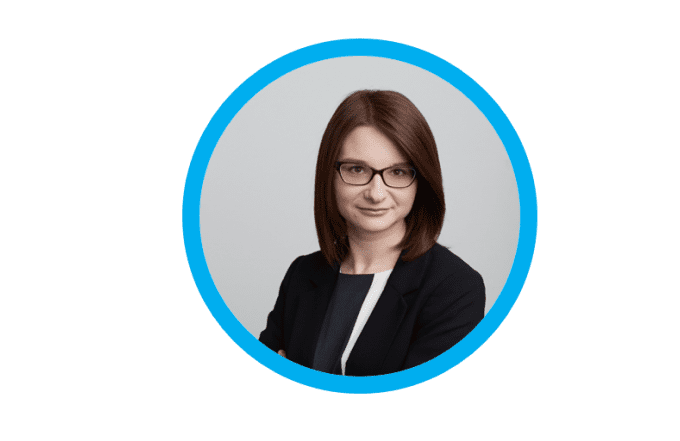
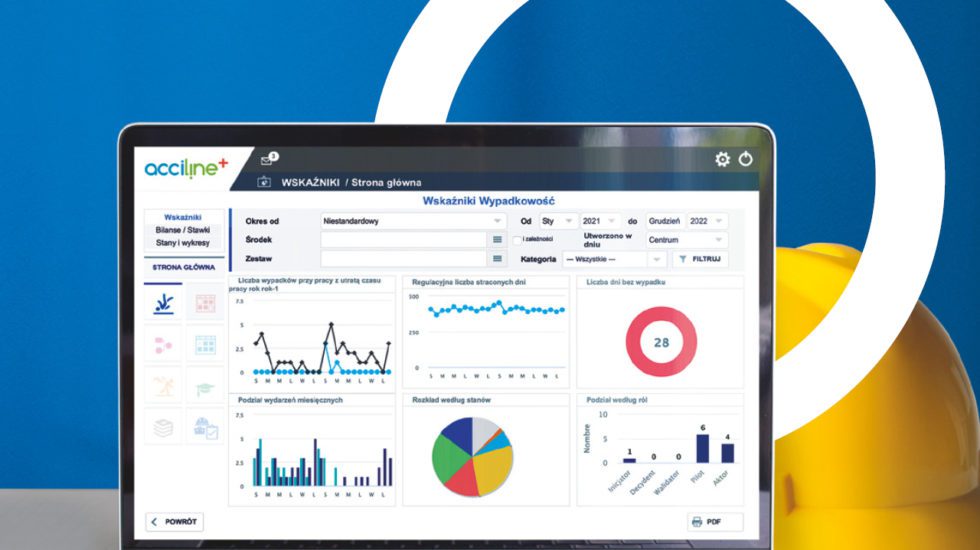



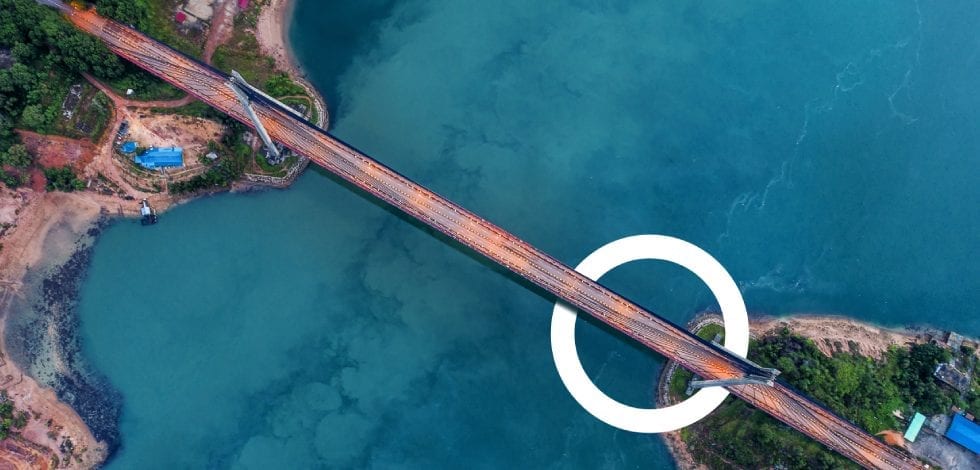
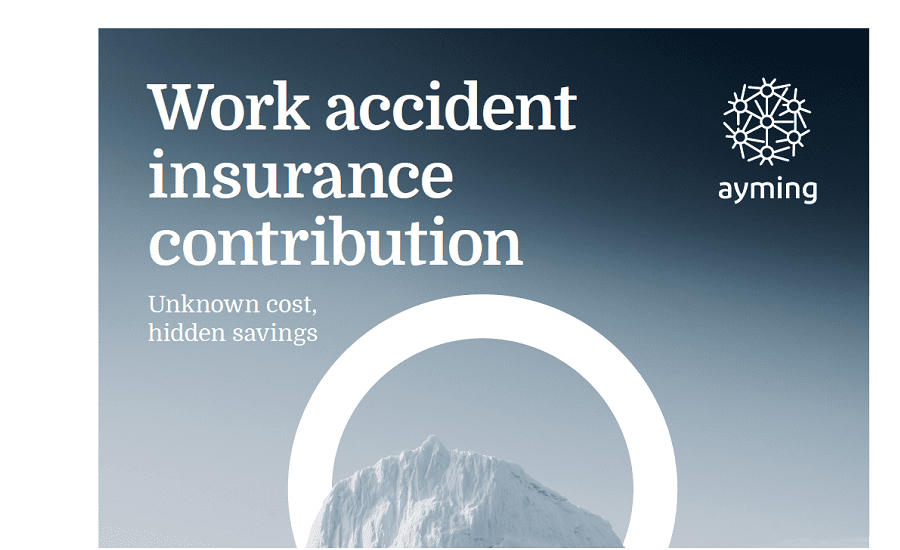

No Comments